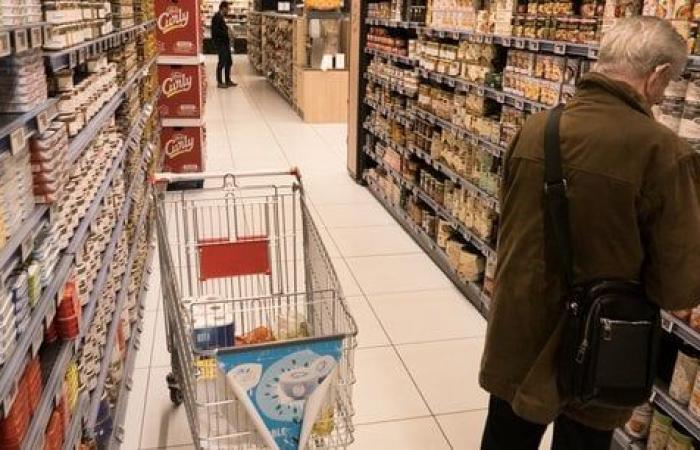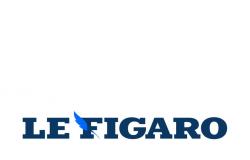
Consumer prices have slowed very sharply on an annual average in 2024, to +2%, INSEE indicated on Wednesday. Good news after two years marked by high inflation, following the outbreak of the war in Ukraine. As a reminder, in 2022, prices increased by 5.2% on average, and in 2023, by 4.9%, driven up in particular by those of energy and food. For comparison, in 2021, before the start of the Ukrainian crisis, consumer prices had increased by 1.6% on average over the year.
Excluding tobacco, consumer prices are also less dynamic than in 2023: +1.8% in 2024, after +4.8%. The drop in annual average inflation is driven by the very clear slowdown in food prices (+1.4% in 2024 after +11.8% the previous year), by the slowdown in food prices. energy (+2.3% after +5.6%), but also by the stability of those of manufactured products (0% after +3.5%) and the slight drop in the prices of services (+2.7% after +3.0%). Tobacco prices are the only ones to have increased in 2024: +10.3% after +8.0%.
On an annual average, the harmonized consumer price index (HICP), which allows comparisons between European countries, increased by 2.3% in 2024, after +5.7% in 2023.
Slight increase in December
Furthermore, in December, consumer prices increased by 1.3% over one year, like the previous month, INSEE confirmed on Wednesday in its final results. And 0.2% compared to the month of November, after a drop of 0.1% in November. In detail, underlying inflation, which excludes the most volatile prices from the calculation, also stands at +1.3% over one year, after +1.5% the previous month. The harmonized consumer price index (HICP), which allows comparisons between European countries, increased by 0.2% over the month, after -0.1% in November, and accelerated slightly over one year, at +1.8% after +1.7% in November.
For 2025, INSEE said in December that it foresees the start of the year « morose » for the French economy. The country still does not have a budget for 2025 and this Wednesday, the Minister of Public Accounts, Amélie de Montchalin, indicated that the budget should provide 32 billion in savings. However, good news for households, in its latest economic report, INSEE forecasts that inflation will continue to fall in 2025, with an expected level of 1% in June over twelve months.





